Top FormCrafts alternatives
- Jotform: Best for intuitive form-building and extensive integrations
- SurveyMonkey: Best form builder for market research
- Typeform: Best form builder software for engaging conversational forms
- Formstack: Best for custom workflows
- FormAssembly: Best for businesses in industries with strict compliance requirements
FormCrafts is an online form builder that leans heavily on design simplicity and curation of form templates.
It’s a popular tool for people who create application forms, support forms, lead gen forms, and surveys. It’s also on the pricier side of form builders. Users who prefer FormCrafts don’t mind spending the extra money on a UX-heavy tool, even if that means narrowing customization options.
For people who need more robust forms or want a more affordable FormCrafts alternative, there are plenty of options to choose from.
Below, we’ll explore what some of those options are.
The features users need from a form builder
Companies of all sizes use forms to grow their businesses and support their customers, among other things, and what they really need from a form builder is customization and reliability. As the team at Agile CRM writes, form builders are a great way to collect contact data from website visitors. That data can then funnel to your CRM, where marketing or business development teams can begin to nurture those leads.
Because the tools support such crucial business goals, the forms need to bend to meet those goals. That’s where customization factors in. As marketing strategist Sarah Goliger writes at HubSpot, landing pages need reliable lead capture forms, and there’s “no hard and fast rule on where to place your lead-capture form.”
That form could go right up at the top of the landing page, along the side, below the main content, or even in a chatbot window. Where the form goes depends on a variety of design factors, business needs, and audience expectations. Marketers, therefore, need form builders that allow for this kind of customization.
Reasons you might be better off with FormCrafts alternatives
Users who need robust features and lots of customization options tend to prefer form builders like Jotform over FormCrafts. There are several reasons why:
- Data management: These users need something more robust than a spreadsheet to manage the data their forms collect. They tend to use tools like Jotform Tables to create all-in-one workspaces that allow them to parse that data.
- Reporting: Data capture is important, but so is turning that data into real insights. That’s what a tool like Jotform Report Builder does — and it does so quickly.
- Approvals: Form builders are also useful in a context like HR, where it can facilitate tasks such as managing employee time-off requests. Jotform Workflows helps automate the approval process so HR teams can work more efficiently.
- Mobile compatibility: Jotform Mobile Forms are just as reliable on mobile devices or tablets. This is especially useful in settings such as healthcare, where clinics have to collect patient intake data.
- Deep customization of templates: Writing on the Zapier blog, Miguel Rebelo says Jotform is the best form builder to choose when starting from a template because of the customization available. “Jotform never throws a lot at you at any given time: there’s a mountain of features, but they’re all really well organized,” Rebelo writes. “You can customize almost everything about your form’s design in the visual editor. And if that still doesn’t meet expectations, there’s an advanced editor to go deeper into it.”
5 FormCrafts alternatives to check out
When you need a form builder to support crucial business processes, these are some alternatives to FormCrafts worth exploring:
Jotform: Best for intuitive form-building and extensive integrations
As Rebelo points out above, it’s the robust feature set that distinguishes Jotform. Beyond drag-and-drop forms, you get end-to-end data handling: conditional logic, approvals, e-signature, payments, and built-in reporting that turns submissions into charts and dashboards. Templates and widgets make it fast to launch anything from event registrations to intake packets, while native integrations connect results to CRMs, marketing tools, and cloud storage.
Teams can collaborate on forms and data in one place, and governance features (folders, permissions, logs) help it scale from solo creators to large orgs. The net effect: fewer separate tools to glue together, and a much shorter path from “collect info” to “act on it.”
Pros:
- An exceptionally large and diverse library of over 10,000 templates and hundreds of widgets for any use case
- Extensive third-party integrations with over 1,000 apps and robust features like e-signatures and conditional logic
- Advanced automation and approval workflows
- Visual Report Builder for instant charts, share & embed.
- A free plan that serves as a long-term, feature-rich entry point for individuals and small businesses
Cons:
- Submission and storage limits on free and lower-tier plans
Plans/Pricing:
- Starts at $34 per month in the Bronze plan; custom pricing is available with the Enterprise plan.
Pro Tip
Transform your form-building process with AI. Discover Jotform AI Form Generator and see the difference.
SurveyMonkey: Best form builder for market research
SurveyMonkey’s online form builder is a nice complement to the company’s core email newsletter software. Distribution is flexible—links, embeds, email collectors—and collaborative features make review and approval straightforward for cross-functional teams. The platform’s analysis tools (including AI-assisted summaries and sentiment) help you move from raw responses to insights without exporting to spreadsheets.
Pros
- Research-grade survey question types and logic
- Solid analytics and benchmarking; good for trend tracking
- Multiple distribution “collectors” (links, embeds, email)
- Collaboration and review features for cross-functional teams
Cons
- Form builder customization is less flexible than form-first tools
- Complex layouts (e.g., multi-column, highly branded) can be harder to achieve
- Payments and workflow automations are more limited vs form platforms
- Some advanced analysis/export options sit on higher-tier plans
Plans/Pricing:
- SurveyMonkey offers a very basic free account as well as three pricing tiers for both business and personal accounts. A Standard Monthly plan is $99 per month.
Typeform: Best form builder software for engaging conversational forms
Typeform is another form builder that leans heavily on its nice design and UX. This is a good choice for users who want to include multimedia such as GIFs, rich imagery, or short videos in their forms.
The newer AI capabilities speed up building, personalize interactions, and surface insights so you can iterate quickly. With VideoAsk, you can add asynchronous video prompts and replies that feel more human than a traditional form. If you care most about experience quality and conversion, Typeform’s UX-first approach is its calling card.
Pros
- Conversational, one-question-at-a-time UX can lift completion rates
- Beautiful, on-brand experiences with rich media (images, GIFs, short video)
- Strong for lead gen, quizzes, recruiting/talent use cases
- Growing AI features for building, personalization, and insights
Cons
- One-at-a-time flow can feel slow for long/complex data capture
- Analytics are simpler vs survey-first platforms
- Strict accessibility/brand requirements may need extra care
- Usage limits/tiers can become a consideration at higher volumes
Plans/Pricing:
- Limited free use; paid plans available at $29 per month, $59 per month, and $99 per month; quote-based enterprise pricing
Formstack : Best for custom workflows
Formstack focuses on operational workflows that start with forms but don’t end there. Its suite ties together data capture (Forms), document generation (Documents), and e-signature (Sign), so teams can move from submission to approved paperwork without leaving the platform. Visual workflow tools and conditional logic help non-technical users automate handoffs, while a Salesforce-centric product line supports teams that run heavily on CRM.
Pros
- Visual workflow tools help non-technical teams automate handoffs
- Good fit for operational processes (intake → doc → signature)
- Options tailored for Salesforce-centric organizations
- Role-based permissions and compliance-oriented features
Cons
- Suite breadth introduces a steeper learning curve
- Total cost/overhead can be higher if you only need simple forms
- Some features are split across products (Forms vs Forms for Salesforce)
- Branded email/styling options can feel constrained
Plans/Pricing:
- Standard plans available at $83 per month and $250 per month (Custom enterprise solutions require a quote.)
FormAssembly: Best for businesses in industries with strict compliance requirements
FormAssembly is built for secure, structured data collection—particularly in Salesforce-driven and compliance-sensitive environments. It offers granular control over how data is validated, mapped, and written to downstream systems, with options for strict governance and auditability. Prefill and lookup capabilities reduce duplicate records and speed up complex submissions like applications or renewals. Admin tooling supports centralized standards (branding, permissions, environments) so large organizations can scale safely.
Pros
- Excellent Salesforce mapping, prefill, and record management
- Strong data governance and validation controls
- Prefill/lookup reduce duplicates and speed complex applications
- Centralized admin for standards, permissions, and environments
Cons
- UI/templating feel more utilitarian than marketing-friendly tools
- Advanced branding/custom layouts often need HTML/CSS
- Workflow automation is narrower than dedicated workflow suites
- Library of prebuilt templates/connectors is smaller than some peers
Plans/Pricing:
- FormAssembly offers five pricing plans, starting at $83 per month for its Basic plan. Pricing for other tiers is available upon request.
Choosing the right form builder for your needs
FormCrafts appeals to users who value clean design and straightforward form creation, but its higher cost and limited customization make it less ideal for businesses that need scalability and advanced workflows. If your needs go beyond basic form building — whether it’s managing data, automating approvals, or running research-grade surveys — exploring alternatives like Jotform can offer better value.
Each of these platforms brings unique strengths, from Jotform’s all-in-one ecosystem to FormAssembly’s compliance-focused solutions. The right choice ultimately depends on your priorities: design simplicity, data management, workflow automation, or compliance. By aligning your form builder with your business goals, you ensure that every form you create not only looks good but also drives meaningful results.
This article is for marketers, growth teams, HR/operations managers, and small business owners who want a more customizable, workflow-ready forms that streamlines data management, automates approvals, and delivers better value.


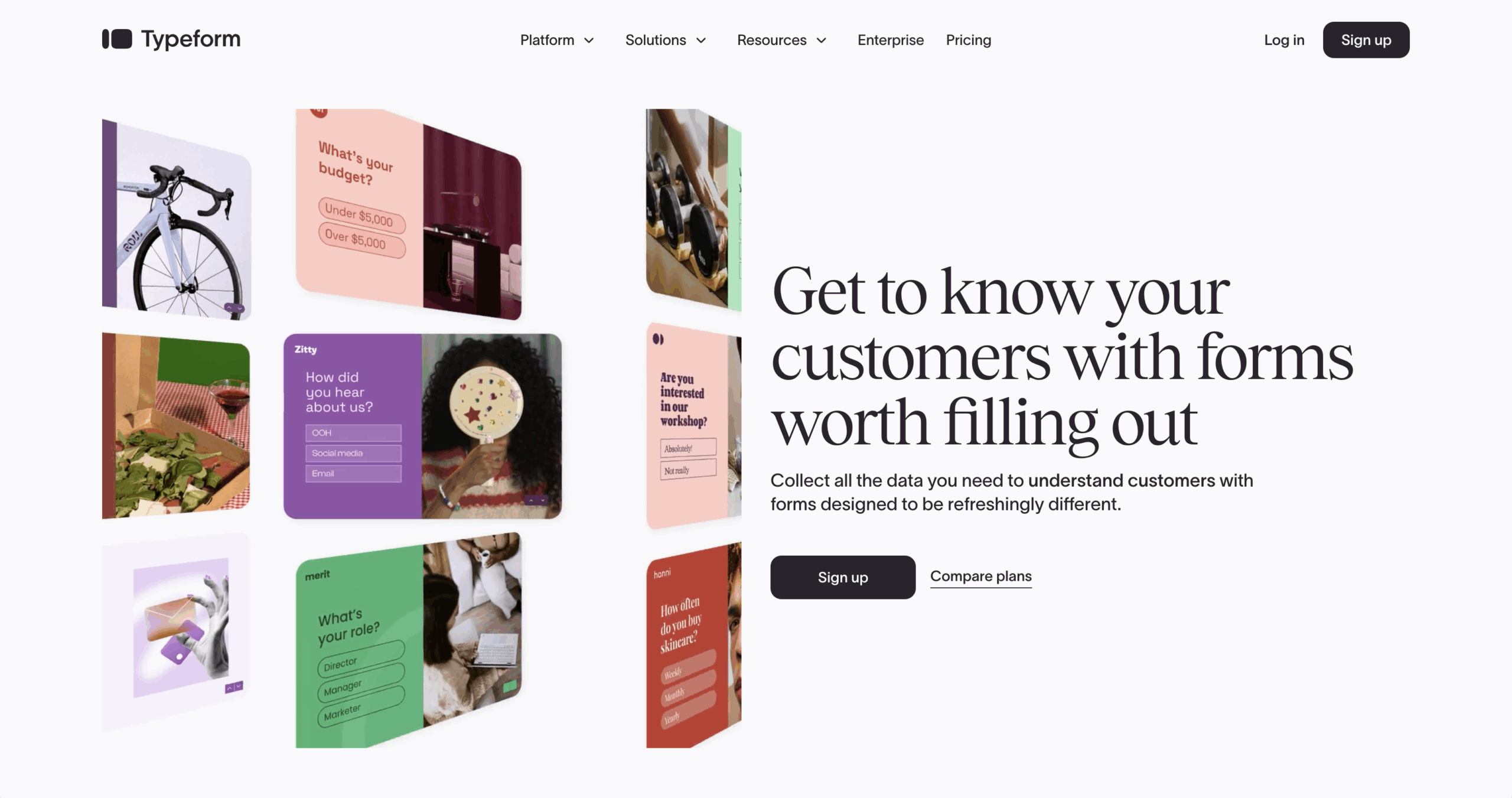



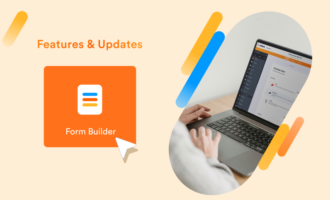


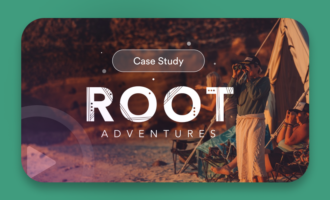









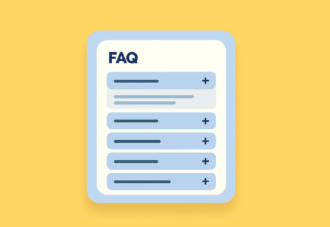
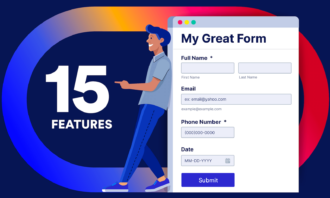
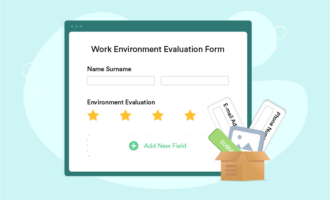

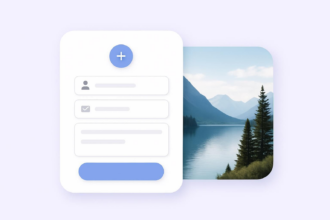

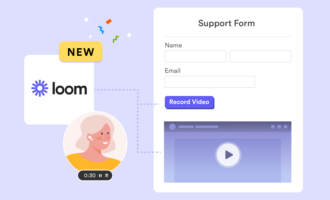










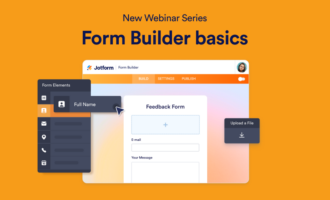



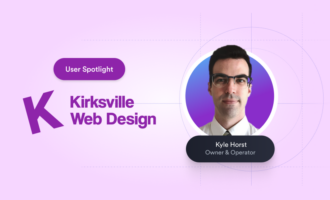
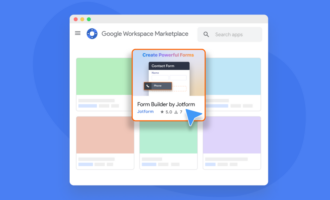






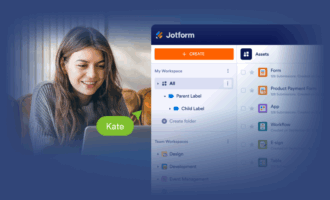

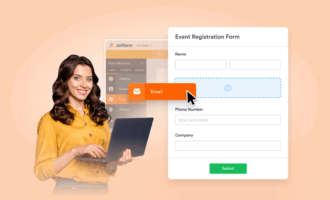

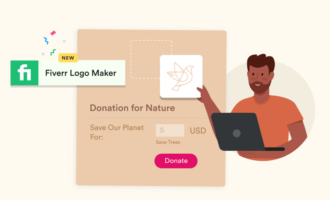
Send Comment: